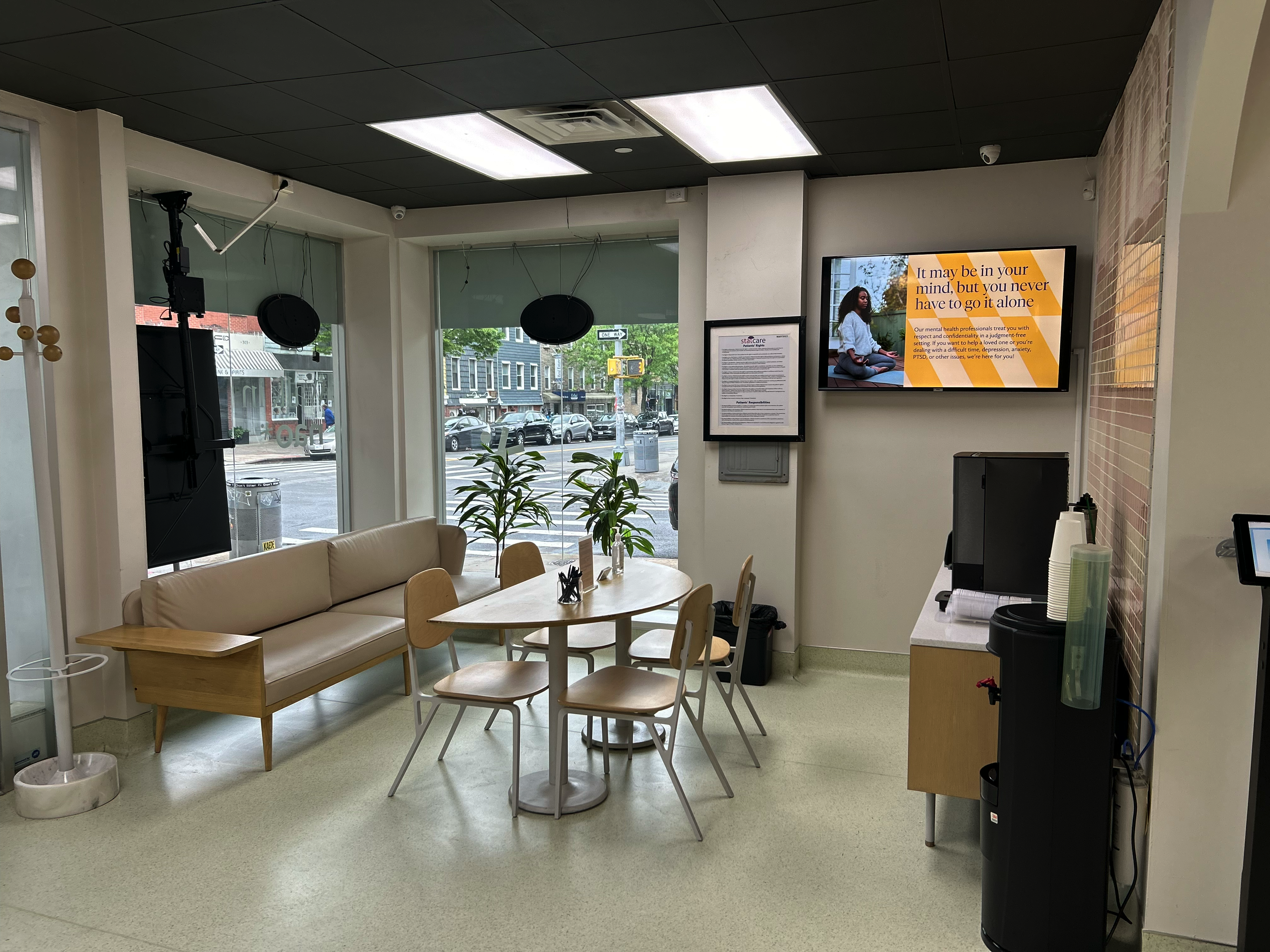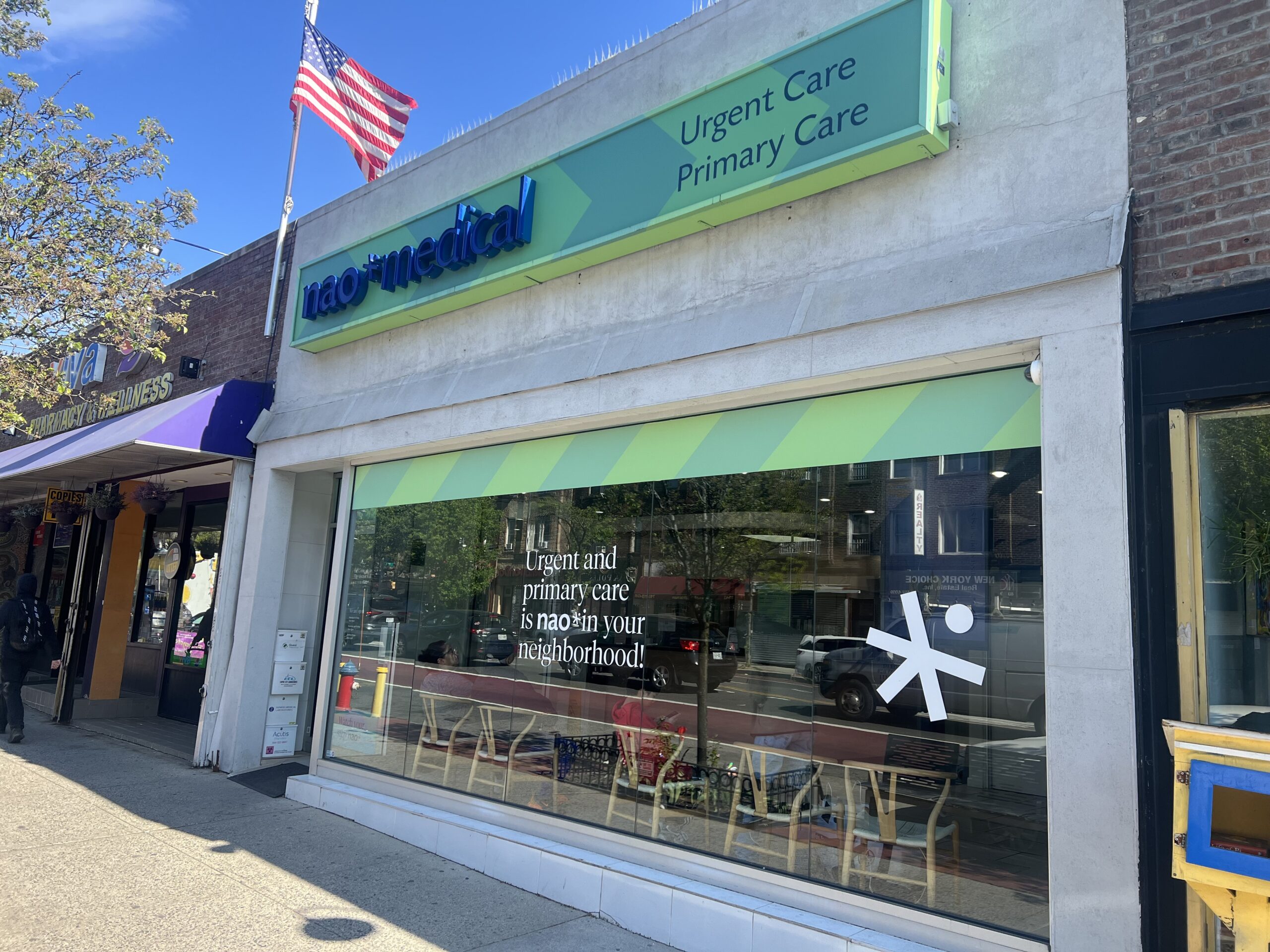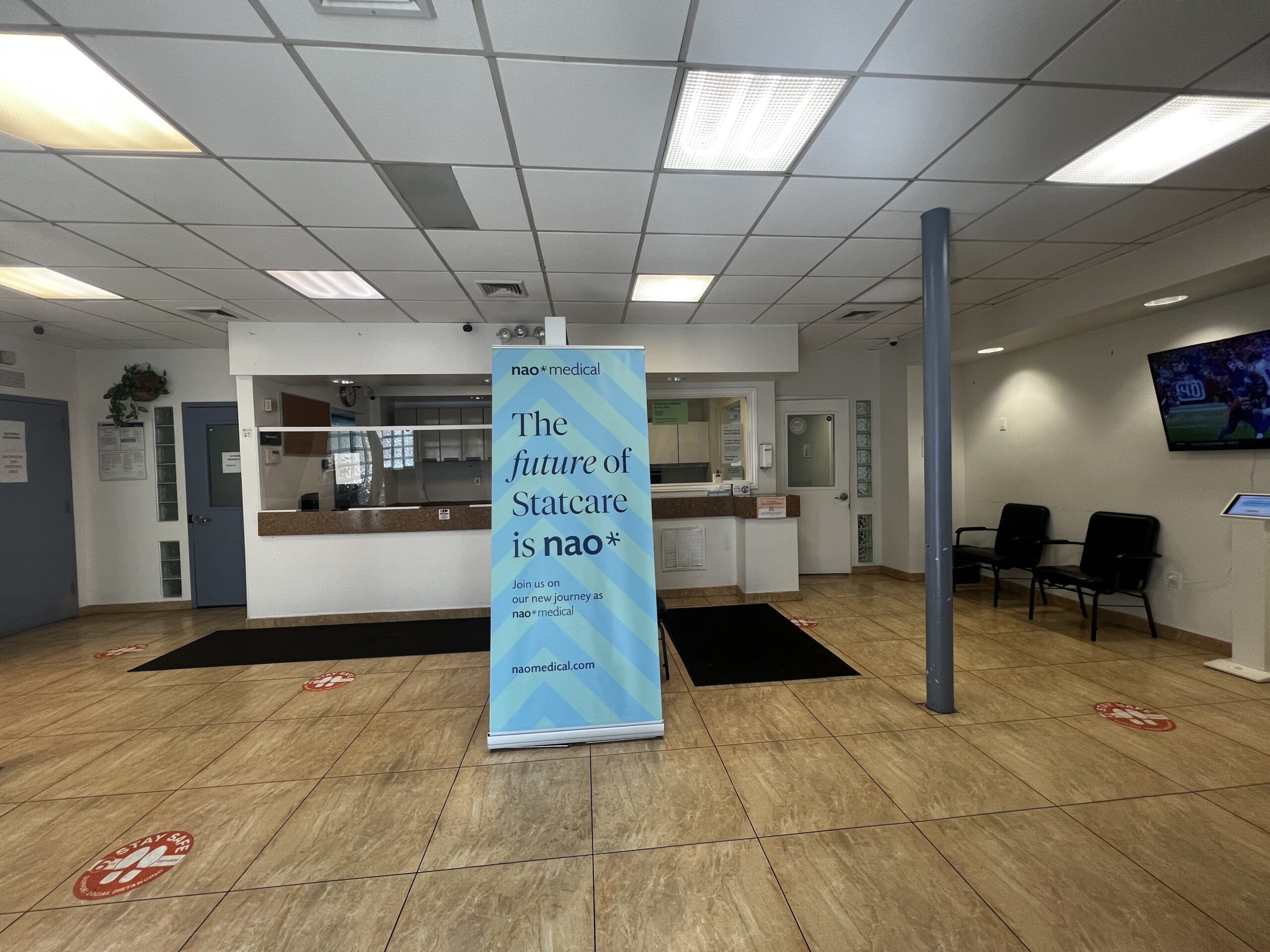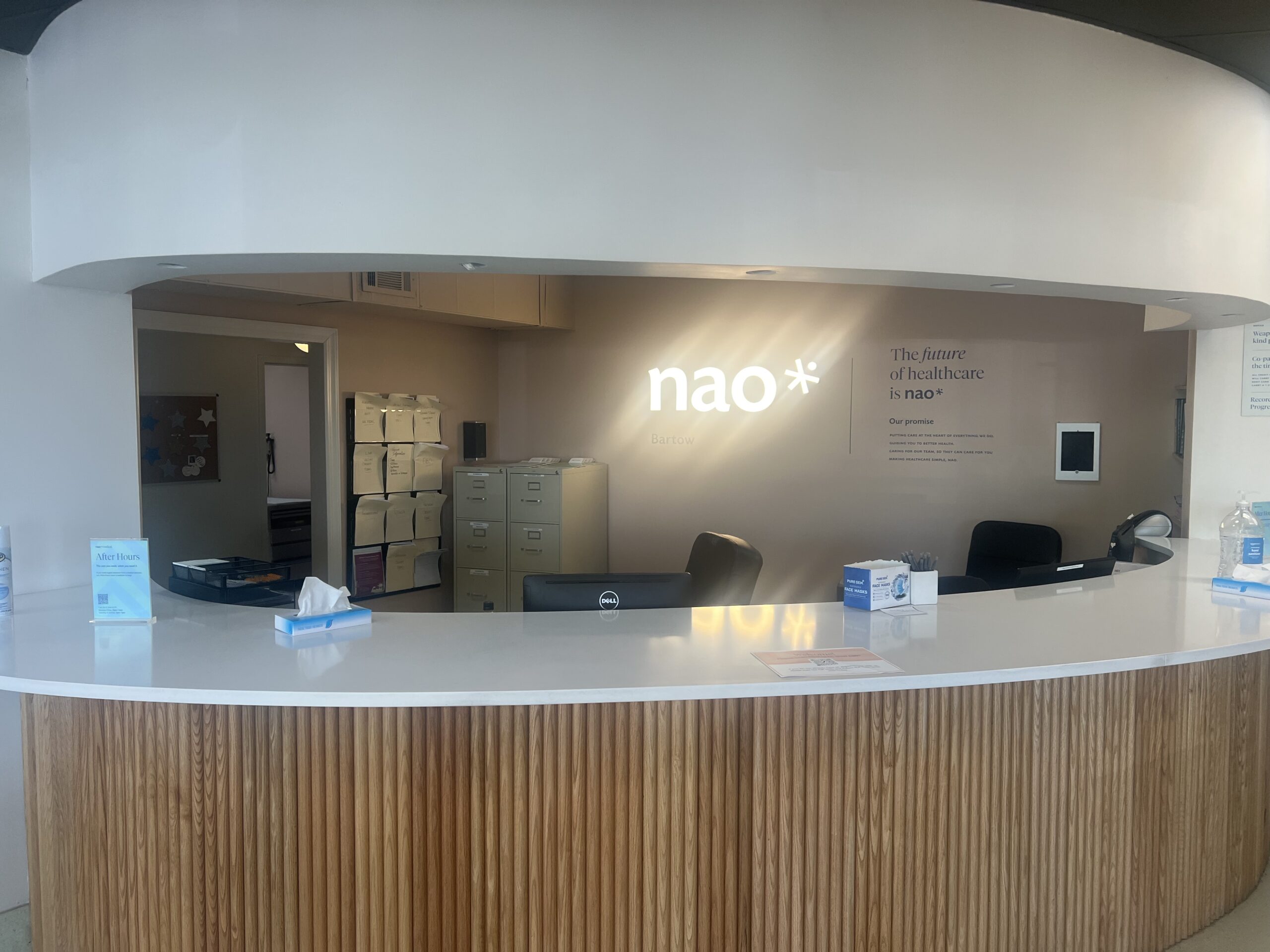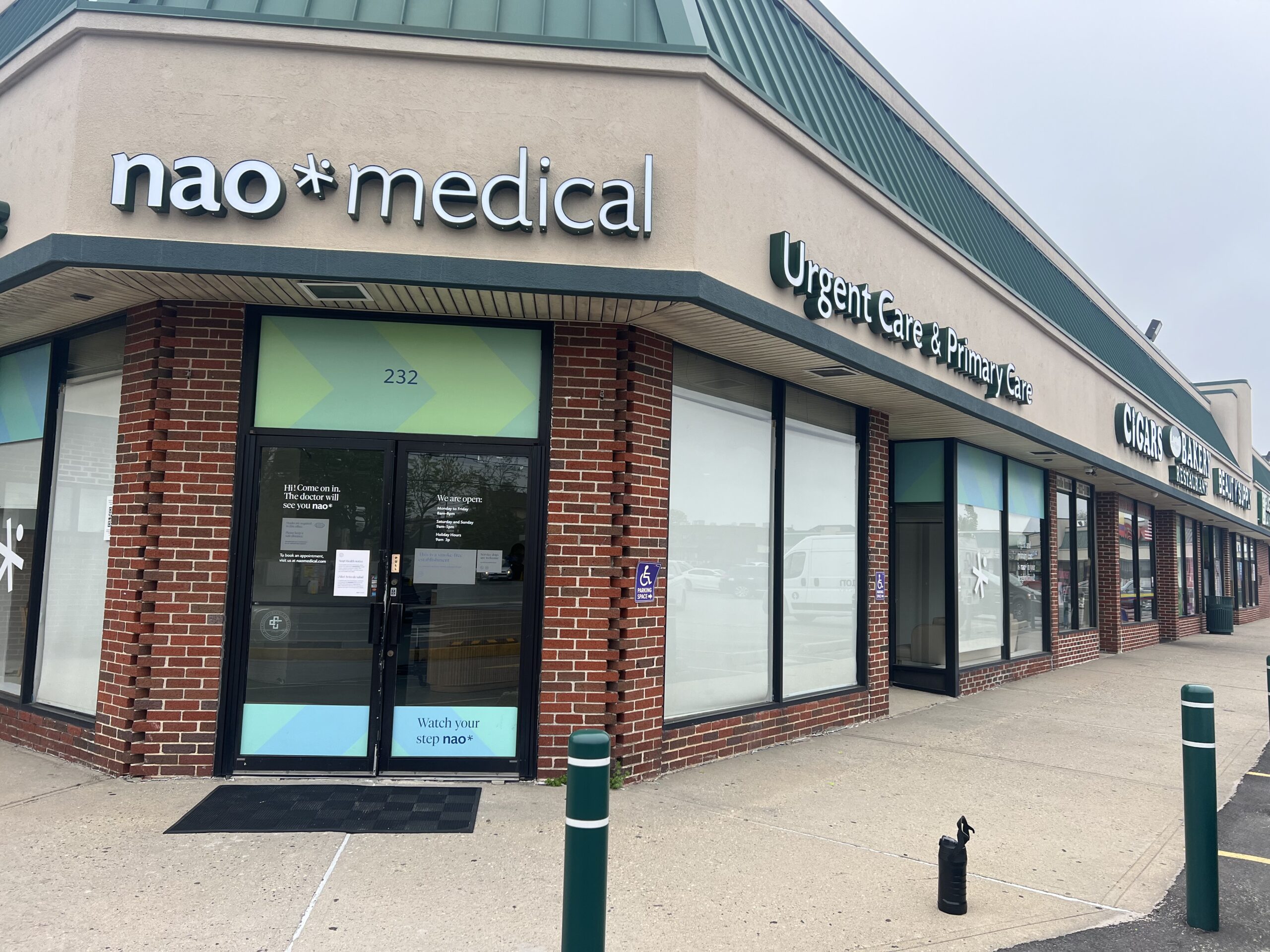- Allergies
- Asthma
- COVID
- Diabetes
- Diet / Nutrition
- DOT / CDL Medical exam
- General
- Geriatrics
- Health and Wellness
- Immigration
- Medications
- Mental health
- Monkeypox
- Pediatric care
- Physical exam
- Polio
- Primary Care
- Pulmonology
- STD
- TB / PPD Test
- Travel clinic
- Trending
- Uncategorized
- Urgent care
- UTI
- Vaccines
- Women's Health
Take concussions seriously: Prevention and treatment guide
Concussions are a type of traumatic brain injury that can have serious, long-term consequences if not properly diagnosed and treated. In fact, according to the American Brain Foundation, 50% of concussions go unreported or undetected. This means that a large number of people are experiencing the physical and cognitive symptoms of a concussion without seeking medical care or taking the necessary steps to get better.
In this article, we’ll explore the risks for concussion, signs and symptoms to look out for, and how to properly prevent and treat concussions.
What is a concussion?
A concussion is a type of mild traumatic brain injury that occurs when the brain experiences a sudden impact, causing it to move within the skull. This movement can cause damage to brain cells and lead to a range of symptoms, including headache, dizziness, confusion, and memory loss.
Concussions can happen to anyone, but certain groups are at a higher risk, such as athletes who play contact sports or participate in high-risk activities like skateboarding or biking.
Signs and symptoms of a concussion
A concussion can occur from a blow to the head or from any impact that causes the brain to move within the skull. The symptoms of a concussion can vary widely depending on the severity of the injury, but may include the following:
- Headache or pressure in the head
- Confusion or feeling dazed
- Nausea or vomiting
- Dizziness or balance problems
- Blurred or double vision
- Sensitivity to light or noise
- Memory problems or difficulty concentrating
- Mood changes or irritability
- Loss of consciousness
It’s important to note that not all concussions involve loss of consciousness. In fact, most concussions are considered mild traumatic brain injuries (TBI) and do not involve brain swelling or bleeding. However, in rare cases, a blow to the head can cause a life-threatening condition known as second impact syndrome, which can lead to brain swelling and even death.
Risk factors for concussion
Concussions can happen to anyone, but there are certain risk factors that can increase your likelihood of experiencing a concussion. These risk factors include:
- Participating in contact sports such as football, hockey, or boxing
- Being involved in a car accident or other traumatic event
- Having a previous history of concussion
- Having a job that involves risk of head injury, such as construction work or military service
Preventing concussions
While it’s impossible to completely eliminate the risk of concussions, there are steps you can take to reduce your risk:
- Wear protective gear: Helmets and other protective equipment can help absorb the impact of a blow to the head and reduce the risk of a concussion.
- Follow safety guidelines: When playing sports or participating in other high-risk activities, make sure to follow all safety guidelines and rules.
- Avoid high-risk activities: If you’re already at a higher risk for concussion, consider avoiding high-risk activities altogether.
- Raise awareness: Help raise awareness about the risks of concussion by sharing information on social media and other platforms.
Diagnosing and treating concussions
If you suspect you have a concussion, it’s important to seek medical attention right away. A doctor will typically perform a physical exam and may order a CT scan or other imaging tests to check for brain swelling or other injuries.
Treatment for concussions typically involves rest and avoiding activities that could further injure the brain. In some cases, medication may be prescribed to help manage symptoms. It’s important to follow your doctor’s instructions carefully and avoid returning to normal activities too soon, as this can increase the risk of post-concussive syndrome.
Post-Concussion Syndrome (PCS) and long-term impact of concussions
Post-concussion syndrome (PCS) refers to a complex set of symptoms that can occur after a person experiences a concussion, which is a mild traumatic brain injury. These symptoms can include headaches, dizziness, fatigue, memory problems, and changes in mood or behavior. While most people recover from a concussion within a few weeks, some individuals may experience symptoms for much longer, leading to a diagnosis of PCS.
Concussions and repeated head injuries have been linked to long-term cognitive and neurological issues, such as chronic traumatic encephalopathy (CTE), which is a degenerative brain disease. Studies have also shown that individuals who experience multiple concussions are at an increased risk for developing depression, anxiety, and other mental health issues.
As such, it is important to take concussions seriously and seek medical attention if one is suspected. Athletes, in particular, should take precautions to prevent head injuries, such as wearing helmets and following safety guidelines. Additionally, early intervention and treatment can help to manage symptoms and improve outcomes for individuals with PCS.
When to seek medical attention for a suspected concussion
If you or someone you know has experienced a blow to the head or has symptoms of a concussion, it’s important to seek medical attention right away. Even if you don’t immediately feel symptoms, it’s still possible to have a concussion. Delayed onset of symptoms is common and can occur hours or even days after the initial injury. Seek emergency medical attention if you experience any of the following symptoms:
- Loss of consciousness
- Seizures
- Severe headache that doesn’t go away with pain relief medication
- Confusion, disorientation, or agitation
- Vomiting repeatedly
- Difficulty breathing or shortness of breath
- Numbness or weakness in the arms or legs
- Slurred speech or difficulty speaking
- Unequal pupil size
These symptoms may be indicative of a more serious brain injury and require immediate medical attention.
National Concussion Awareness Week
Concussion Awareness Week, which takes place annually during the second week of March, provides an opportunity for organizations and individuals to come together to educate others on the importance of concussion prevention, diagnosis, and treatment.
Through events, social media campaigns, and other initiatives, Concussion Awareness Week aims to reduce the stigma surrounding concussions and promote a culture of safety and prevention. It’s important for everyone to take part in this important initiative to ensure that concussions are taken seriously and proper measures are taken to prevent and treat them.
Take concussions seriously
In conclusion, concussions are a serious issue that can have long-term consequences if not properly diagnosed and treated. Don’t hesitate to dial 911 if your medical issue is a matter of life-and-death. Otherwise, make sure you visit the nearest Nao Medical urgent care clinic for advanced concussion diagnosis and treatment services.
Disclaimer: The information presented in this article is intended for general informational purposes only and should not be considered, construed or interpreted as legal or professional advice, guidance or opinion.
Be aware that insurance plans and coverage can differ based on location, employer, and the specific policy purchased. As a healthcare consumer, it is crucial to recognize that your health insurance plan's coverage and benefits may vary from those of other plans. To gain a comprehensive understanding of the services covered and the extent of that coverage, we recommend contacting your health insurance provider directly.
The information in this article may not be relevant to your unique situation. Consumers should thoroughly review their specific health insurance plans and policies to comprehend their coverage, limitations, and responsibilities under their plan.
At our medical office, our commitment is to offer our patients the highest quality of care. We make every effort to help our patients understand their health insurance coverage, the ultimate responsibility for comprehending their coverage and any related costs lies with the patient. If you have any questions or concerns regarding your health insurance coverage, please do not hesitate to contact our office.







 (917) 310-3371
(917) 310-3371
